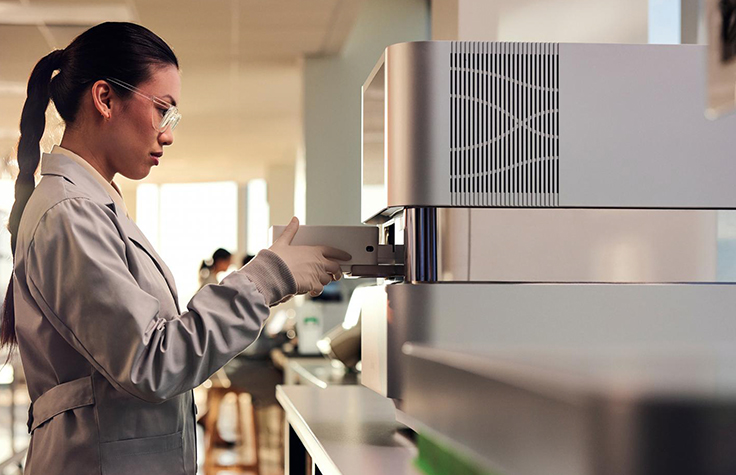We routinely use an in-line barcoding system with bases 1-4 as variable barcode nucleotides and base 5 is a mandatory T in all indexed libraries.
We have run several such libraries under RTA 2.6 using a PhiX lane to call thresholds. An Illumina tech support suggested this might now be a problem with RTA v2.8 as it used the first 5 nucleotides to threshold rather than the first 4 that RTA2.6 used. Even with a PhiX lane for thresholding they are worried that our low complexity start to all our reads might now cause a conflict.
Anyone else using low complexity reads in RTA 2.8 ?. Any problems over RTA 2.6 ?
We have run several such libraries under RTA 2.6 using a PhiX lane to call thresholds. An Illumina tech support suggested this might now be a problem with RTA v2.8 as it used the first 5 nucleotides to threshold rather than the first 4 that RTA2.6 used. Even with a PhiX lane for thresholding they are worried that our low complexity start to all our reads might now cause a conflict.
Anyone else using low complexity reads in RTA 2.8 ?. Any problems over RTA 2.6 ?

Comment